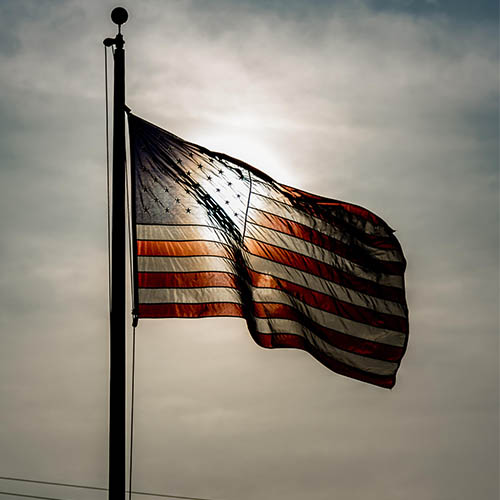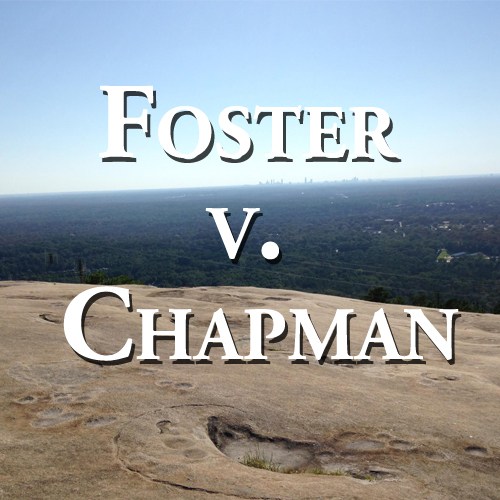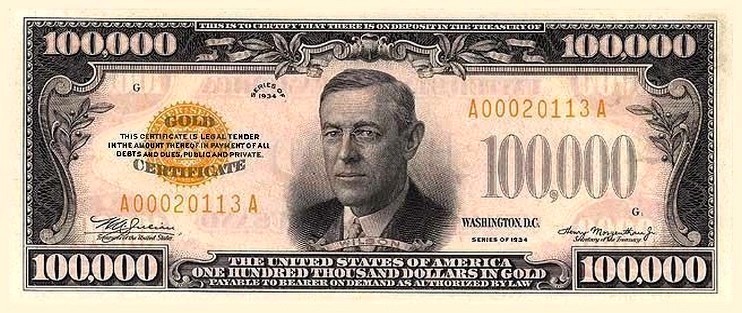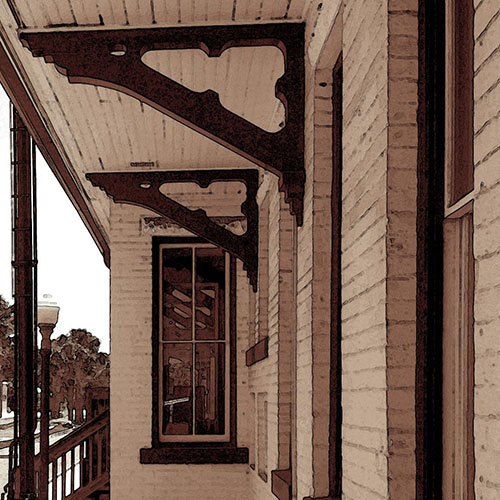Menu
Hot-Topics
February 19, 2026 | SCOTUS Reaffirms Fourth Amendment Standard for Police Responding to Household Emergencies
Category: Supreme Court Decisions

The Pendleton Civil Service Act
The Pendleton Civil Service Act, which was enacted in 1883, established a merit-based system for federal employment. The landmark legislation effectively ended the controversial “spoils system,” which was largely based on political party affiliat...

Railroad Regulation Under the Elkins and Hepburn Acts
Understanding Railroad Regulation during our Country's Beginnings In the late 1880s and early 1900s, the railroads were essential to the U.S. economy. However, they were also susceptible to monopolies. As President, Theodore Roosevelt sought to stre...

Army Corps of Engineers v Hawkes Co and Final Agency Actions
In a unanimous decision, the U.S. Supreme Court in Army Corps of Engineers v Hawkes Co 578 U.S._____(2016) addressed whether a “jurisdictional determination” (JD) that wetlands are subject to regulation under the Clean Water Act was a final agen...

Foster v Chapman: Excluding Jurors Based on Race
In Foster v Chatman (2016), the U.S. Supreme Court held that prosecutors purposely discriminated against a Georgia man facing the death penalty when they dismissed two black jurors during jury selection. The Court’s narrow decision was largely base...

Antiquities Act of 1906
Signed into law by President Theodore Roosevelt in 1906, the Antiquities Act was the first federal regulation to protect the cultural and natural resources of the United States. It resulted from concern over decades of looting and destruction of Nati...

Federal Reserve Act of 1913
On December 23, 1913, President Woodrow Wilson signed the Federal Reserve Act into law. The landmark legislation created the Federal Reserve, which was intended to reform the country’s banking system and help secure economic stability. ...

The 4-4 Supreme Court Punts in Zubik v Burwell
The 4-4 Supreme Court Punts in Zubik v Burwell The U.S. Supreme Court declined to address the merits of Zubik v. Burwell, at least for this term. Instead, the Court’s per curium opinion on the Affordable Care Act’s contraception mandate directs ...

Downes v. Bidwell: Does the Constitution Follow the Flag?
Downes v. Bidwell: Does the Constitution Follow the Flag? In Downes v. Bidwell, 182 U.S. 244 (1901), the U.S. Supreme Court held that the rights and protections of the Constitution do not automatically apply to U.S. territories. The case is one of t...

Welch v. United States: Landmark Sentencing Decision Must Be Applied Retroactively
Welch v. United States: Landmark Sentencing Decision Must Be Applied Retroactively On April 18, 2016, the U.S. Supreme Court held that its landmark criminal sentencing decision in Johnson v. United States must be applied retroactively. The justices ...

Bank of the United States v Deveaux: The Citizenship of Corporations
Bank of the United States v Deveaux: The Citizenship of Corporations In Bank of the United States v. Deveaux, 5 Cranch 61 (1809), the U.S. Supreme Court first considered the citizenship of corporations for the purposes of diversity jurisdiction. The...
Previous Articles
SCOTUS Decision in Bowe v. United States Is First of the 2026 Term
by DONALD SCARINCI on February 5, 2026
In Bowe v. United States, 607 U.S. ___ (2026), the U.S. Supreme Court held that Title 28 U.S.C. § ...
SCOTUS Rules State Can’t Immunize Parties from Federal Civil Liability
by DONALD SCARINCI on January 29, 2026
In John Doe v. Dynamic Physical Therapy, LLC, 607 U.S. ____ (2025) the U.S. Supreme Court held that...
Supreme Court to Address Racial Discrimination in Jury Selection
by DONALD SCARINCI onWhile the U.S. Supreme Court has concluded oral arguments for the year, it continues to add cases t...
The Amendments
-
Amendment1
- Establishment ClauseFree Exercise Clause
- Freedom of Speech
- Freedoms of Press
- Freedom of Assembly, and Petitition
-
Amendment2
- The Right to Bear Arms
-
Amendment4
- Unreasonable Searches and Seizures
-
Amendment5
- Due Process
- Eminent Domain
- Rights of Criminal Defendants
Preamble to the Bill of Rights
Congress of the United States begun and held at the City of New-York, on Wednesday the fourth of March, one thousand seven hundred and eighty nine.
THE Conventions of a number of the States, having at the time of their adopting the Constitution, expressed a desire, in order to prevent misconstruction or abuse of its powers, that further declaratory and restrictive clauses should be added: And as extending the ground of public confidence in the Government, will best ensure the beneficent ends of its institution.
Awards





